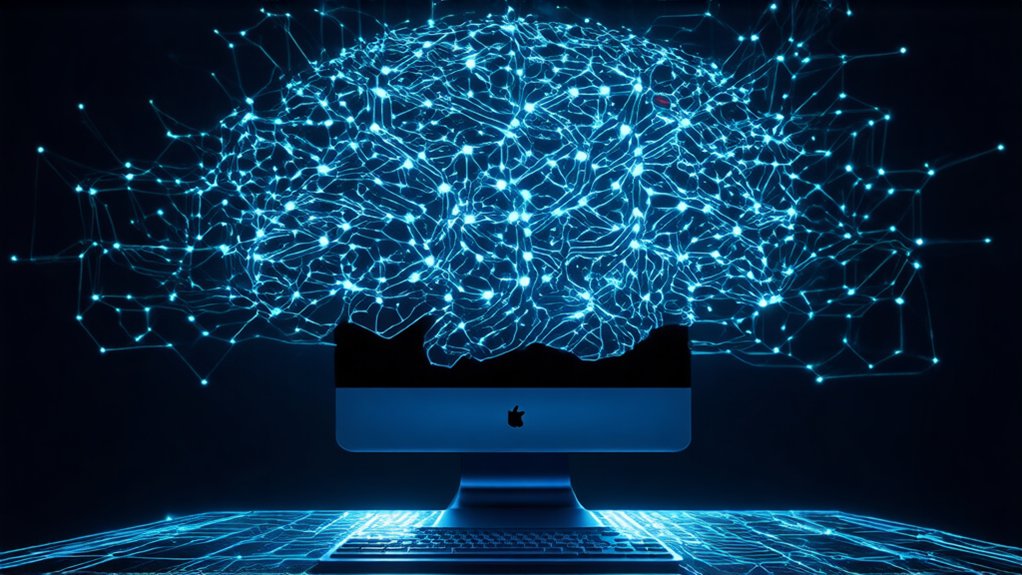MIT has yanked its support for a buzzy AI research paper, leaving folks wondering if the institute’s credibility is taking a hit. Yeah, MIT pulled the plug due to unreliable data and questionable veracity. Internal reviews flagged issues, but details? Totally confidential, thanks to student privacy laws. Daron Acemoglu and David Autor jumped in, raising red flags that sealed the deal. Ouch, that’s gotta sting for an institution built on rock-solid research. Furthermore, the author is no longer affiliated with MIT, as the university has officially stated.
The paper itself? It hyped an AI tool in a materials-science lab, claiming big wins. Scientists saw a 44% spike in materials discovered, a 39% jump in patent filings, and even a 17% boost in product innovation. AI was automating tasks left and right. But here’s the kicker: only top performers reaped the rewards. Lower-tier researchers? They got zilch, which sounds like a raw deal. Job satisfaction tanked, too, with folks griping about less creativity and wasted skills. Sarcastic high-five to progress that leaves some behind.
MIT’s got a whole playbook on research integrity, emphasizing ethical standards and confidential reviews. Policies handle misconduct allegations, but they play it close to the vest. No fluff, just straight-up enforcement. This mess could shake public trust in AI studies, especially since the paper went viral without peer review. Media buzzed about it, influencing chats on AI’s role in science and productivity. Now, academics might rethink how they share findings. Irreverently speaking, who’s vetting this stuff anyway?
MIT’s integrity playbook stresses ethics and hush-hush reviews, but this AI mess has folks wondering: who’s actually vetting the hype?
External experts like Acemoglu and Autor didn’t mince words; they flat-out doubted the results. Their input helped MIT’s call, highlighting flaws that couldn’t be ignored. The fallout? Long-term, it might force better vetting in AI research. As a direct response, MIT has formally requested withdrawal of the paper from arXiv and The Quarterly Journal of Economics. Folks are left scratching their heads, wondering if this is just a blip or a bigger credibility crater. Direct hit to the reputation game, no doubt.




